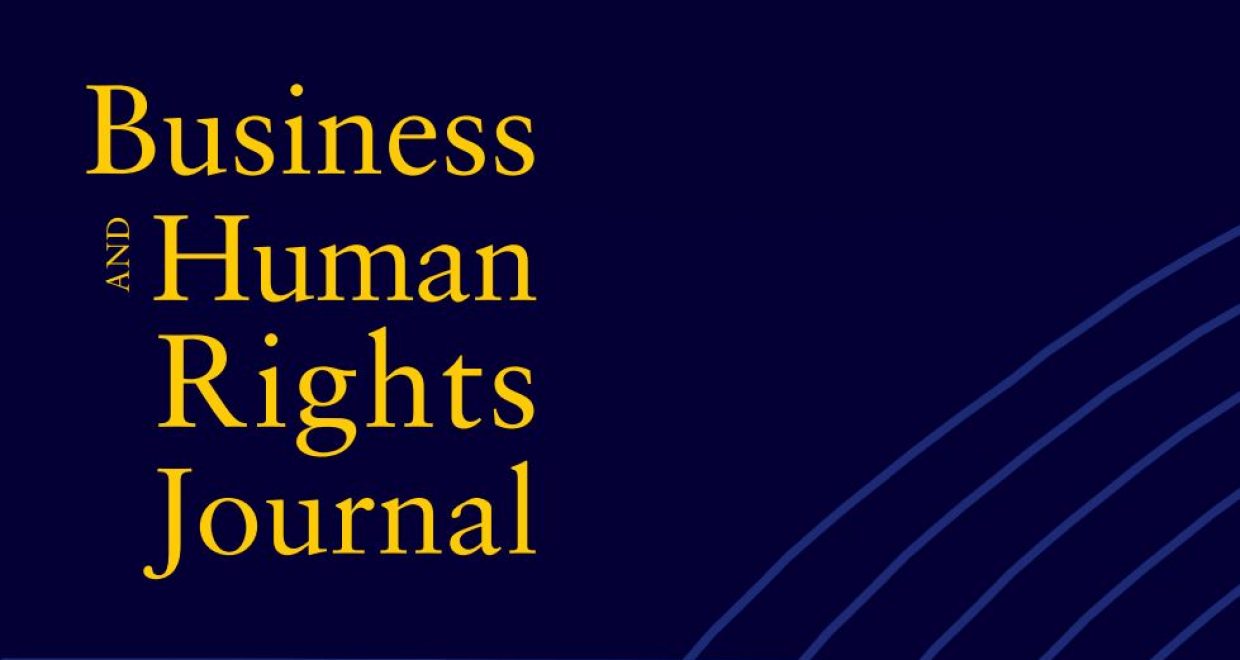From Khyber to Cyber and the Limits of Economic Statecraft
The chaotic scenery during the evacuation of Hamid Karzai airport in Kabul following the withdrawal of U.S. troops in August 2021 documents the limitations of the Western approach to spread human rights and democracy globally. Afghanistan fits into a larger picture of human rights deteriorating in a wide range of countries manifesting in a cultural genocide against the Uighurs in China, a worsening human rights situation in many Eastern European countries or in a decline in democracy in Turkey. This development did not start recently, but has been characterising the last two decades. This observation reinforces two notions, firstly that the question of human rights, hegemony and globalisation is complex, secondly that power relations matter for the success of policies aiming at the spread of human rights and democratic values.
Economic Statecraft in Theory and Practice
The traditional model of mind for spreading Western values by economic influence rests on two conceptional pillars. Western policy makers tend to comprehend economic statecraft as vehicle for incentivising good governance by either pushing for sanctions against violators of international norms or by enhancing economic collaboration when authoritarian regimes signal readiness for reforms. Owing to their contradictory nature, the application of both strategies proved inconsistent as concrete political or economic interests continued to dominate decisions in practice. While so-called outlaw states such as North Korea or Iran were target of comprehensive sanctions, Qatar and Saudi Arabia remained close partners of the West without embarking on sustained democratisation. Apart from these inconsistencies, the application of economic statecraft is prone to epistemological limitations: Unlike natural sciences, theories that establish causal relations in social sciences simplify reality by excluding certain actors or factors from the equation. This applies to the complex system of international affairs in particular: While standard theories might fulfil their task in explaining democratisation processes in Eastern Europe following the fall of the Iron Curtain, their predictions might fail when applied beyond. For example, China, North Korea or Vietnam choose fundamentally different approaches to international trade after the fall of the USSR. Moreover, well-intended policies often result in catastrophic outcomes as it happened in case of the Child Labour Deterrence Act or in the case of indiscriminate economic sanctions resulting in humanitarian costs.
Power: An Overlooked Variable in the Business and Human Rights Discourse
When it comes to theoretical models on the human rights impact of globalisation, one variable tends to be underestimated, namely economic power. Power expresses itself in social relations and matters for comprehending the processes triggered by globalisation leading to new power constellations within and among countries.
The Xinjiang case sheds light onto human rights violations amplified by technological transfer and economic exchange. This applies to the deployment of AI for ethnic profiling and to the use surveillance technologies for enhancing control over ethnic minorities, but also to involvement of multinationals in re-education through work schemes.
Moreover, economic power imbalances unfold repercussions for international trade. Australia’s coal mining industries became target of Chinese economic pressure after Canberra’s calls for an international investigation on the origins of Covid-19. Lithuania felt the brunt of Chinese boycotts when establishing official relations with Taiwan. The use economic pressure does not only affect nation states but increasingly multinationals operating in authoritarian regimes. Adidas and H&M faced a national backlash in China for voicing human rights concerns of products made in Xinjiang. Consequently, moral dilemmas arise when decision-makers are trapped in a conflict between loyalty to their home state, vital business interests and human rights. Fearing significant economic loses Intel publicly apologised for statements on forced labour in China. Volkswagen’s role in Xinjiang serves as a further example for illustrating the relative weakness of multinationals in China. Its dependency on China materialised in a BBC interview with Volkswagen’s executive Herbert Dies, who denied knowledge about the existence of detainment camps in the region. Consequently, Germany’s largest car manufacturer faced accusations for its silence on human rights and its continued presence in Xinjiang’s capital Urumqi.
Conclusion
The developments examined here underscore that the standard recipes of the West for promoting democratisation have largely failed in bringing about the changes desired. Neither did sanctions dissuade North Korea from developing weapons of mass destruction nor did China’s integration in the global economy yield sustained democratisation. Likewise, economic power imbalances render it difficult for companies to adhere to human rights obligations.
Based on the preliminary analysis, two limitations might be relevant for explaining why the Western approach on human rights and globalisation did not yield its promised results. Firstly, theories will hardly grasp the economic, political and cultural differences among authoritarian regimes. Secondly, not only distributional effects of economic exchange need to be taken into account when assessing the effects of globalisation, but also changing power dynamics resulting from changes in distribution of resources and technology transfer. Consequently, a recalibration of the Western model of integrating morality in trade might have to factor in both notions:
- The interplay between economic and political processes is more complex than traditionally assumed, what renders it difficult to design policies sparking democratisation. Likewise, evaluating the impact of free trade or economic sanctions on moral desiderata in international affairs such as democratisation, social development or international stability faces epistemological limitations, owing the length and indirect nature of the assumed causal chains.
- Economic power is a phenomenon that concerns all actors in the context of globalisation. The Xinjiang case illustrates how commercial ties change power constellations and how power asymmetries create moral dilemmas. Consequently, the likelihood of facing moral dilemmas rises when changing power dynamics favour actors violating human rights. This development puts companies into a position, where they have the choice between realisation of human rights obligations and key economic interests.
Considering both points could prove helpful for developing more nuanced foreign trade strategies equipping policy makers and business leaders with a grain of realism and intellectual humility. At the same time, they point at a more general trajectory of the business and human rights discourse. While the urgency to respond to human rights violations is increasing, historical cases cast doubts on the efficacy and moral legitimacy of the traditional instruments of Western economic statecraft. This applies to the containment strategies, but also to the change-through-trade argument. Solving this dilemma might requires by a deeper integration of political science and regional studies within the business and human rights discourse.
Alexander Kriebitz is a political scientist at the Technical University of Munich studying the overlap of international law, business ethics and international relations. Read Alexander’s recent article in Business and Human Rights Journal, “Artificial Intelligence and Human Rights: A Business Ethical Assessment“.






